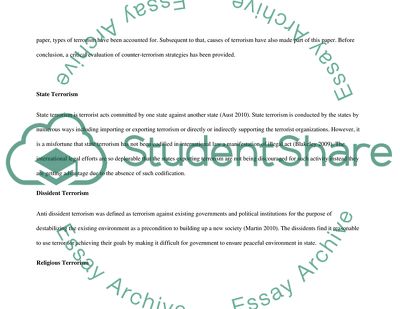Cite this document
(Can the International Community Do Anything about Global Terrorism Research Paper, n.d.)
Can the International Community Do Anything about Global Terrorism Research Paper. Retrieved from https://studentshare.org/sociology/1771355-can-the-international-community-do-anything-about-global-terrorism-paper-subjectcriminology-and-sociology
Can the International Community Do Anything about Global Terrorism Research Paper. Retrieved from https://studentshare.org/sociology/1771355-can-the-international-community-do-anything-about-global-terrorism-paper-subjectcriminology-and-sociology
(Can the International Community Do Anything about Global Terrorism Research Paper)
Can the International Community Do Anything about Global Terrorism Research Paper. https://studentshare.org/sociology/1771355-can-the-international-community-do-anything-about-global-terrorism-paper-subjectcriminology-and-sociology.
Can the International Community Do Anything about Global Terrorism Research Paper. https://studentshare.org/sociology/1771355-can-the-international-community-do-anything-about-global-terrorism-paper-subjectcriminology-and-sociology.
“Can the International Community Do Anything about Global Terrorism Research Paper”, n.d. https://studentshare.org/sociology/1771355-can-the-international-community-do-anything-about-global-terrorism-paper-subjectcriminology-and-sociology.


